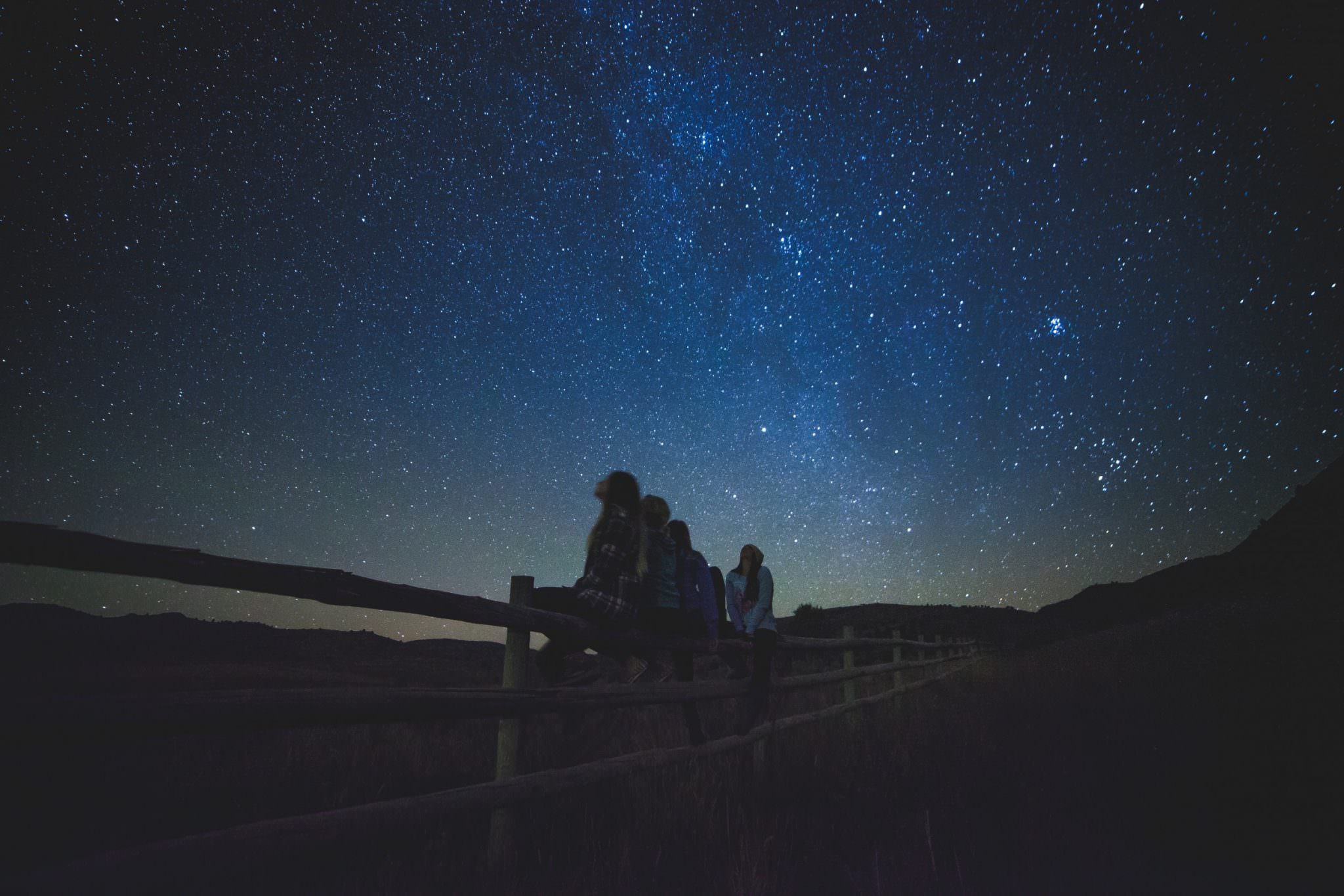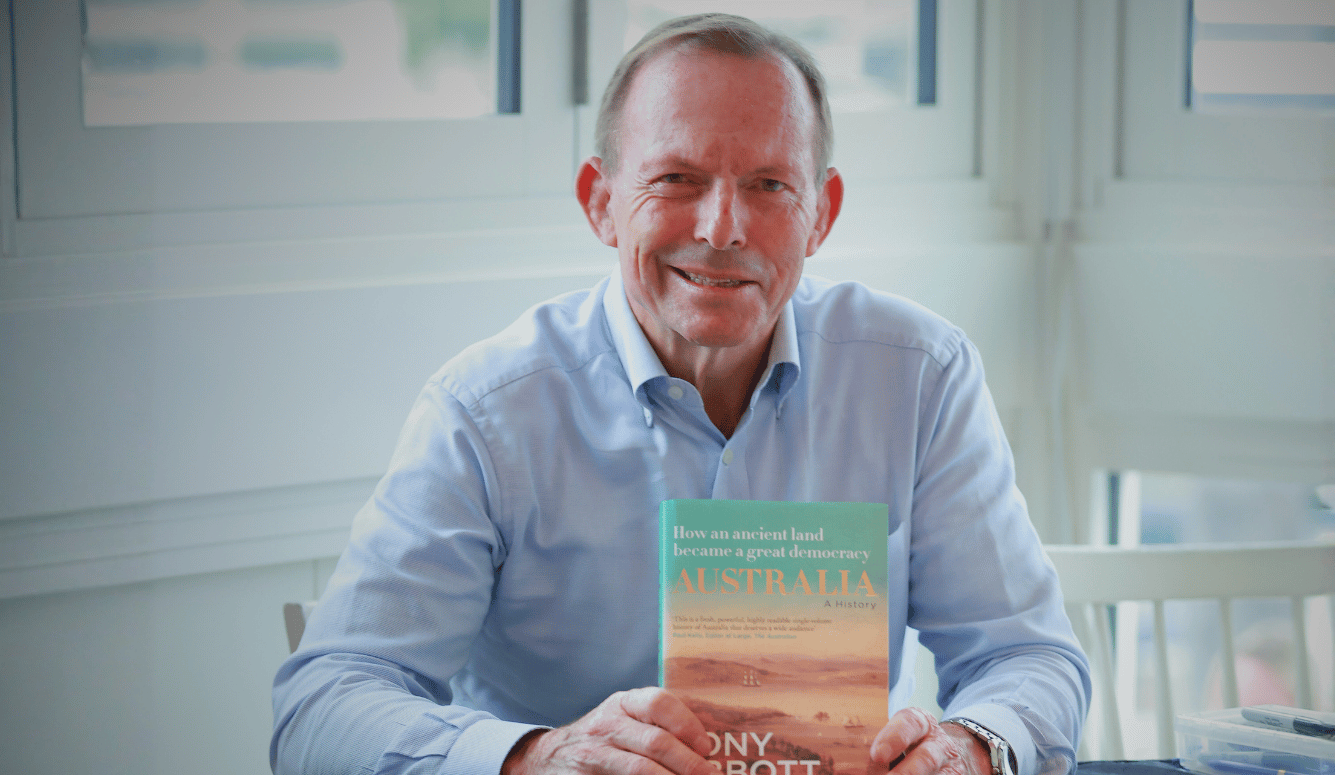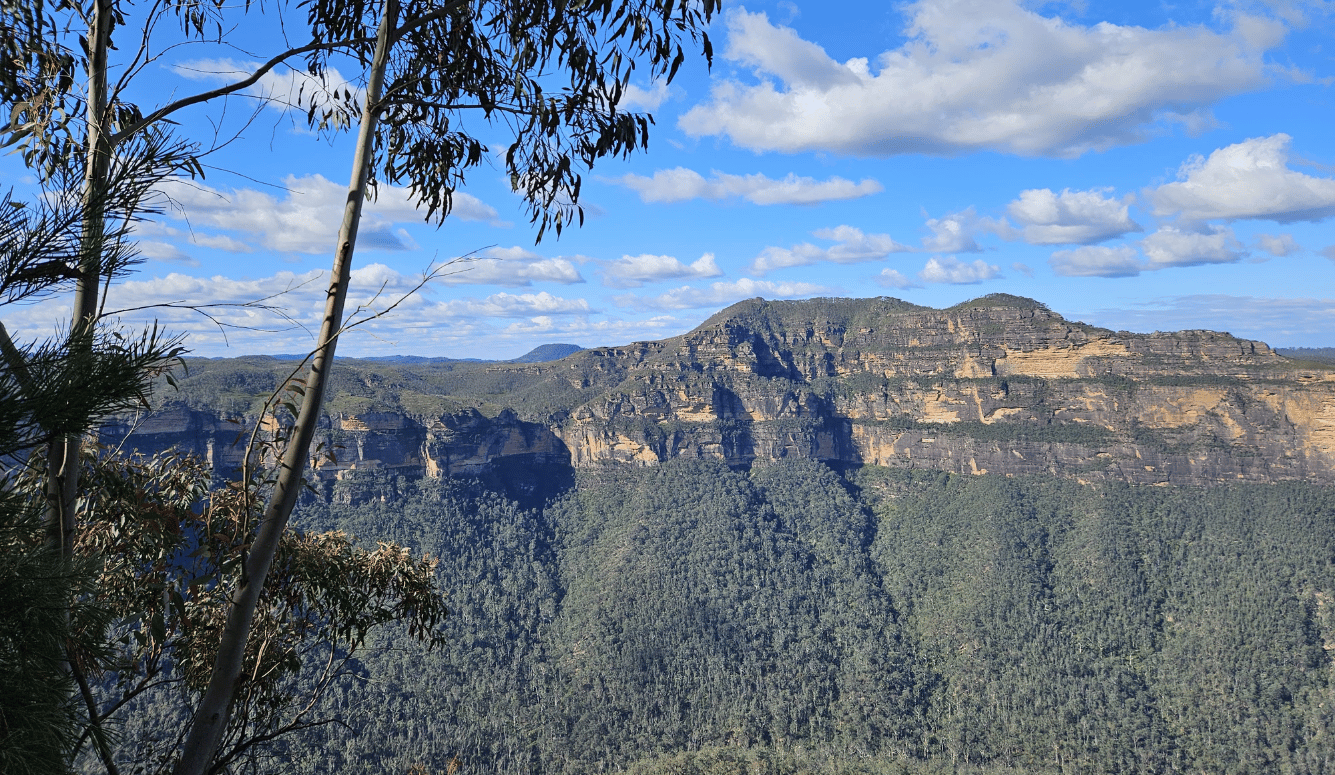Art and Culture
Taking the Wonder Out of Science Education
A couple of years ago, the London Science Museum produced its own travelling act for children called “The Energy Show”.

A couple of years ago, the London Science Museum produced its own travelling act for children called “The Energy Show”. It was reported enthusiastically on the BBC, with loud film-clips of zany, steampunk characters shrieking and leaping about the stage, conjuring up the mandatory balls of flame and obligatory explosions that – we’re endlessly told – will encourage our children to get into science.
The madcap performers and their virtual lab assistant i-nstein (sigh) took an audience of excited young theatre-goers through a range of whacky demonstrations. The hope was that they would be inspired enough to take their study of chemical reactions further, even after they returned to the classroom and were reminded that they didn’t know or even care what a mole was.
One voice (I’ll confess to having several) in my head told me that I should be happy about this sort of stuff; that anything aimed at “Getting Kids Into Science” has unquestionably got to be A Good Thing. But as I watched the pyrotechnics, I had a familiar sinking feeling.
When I was fifteen, the film Dead Poets Society was released, in which an inspirational professor exposed a group of smart and cynical boys to the rapture of poetry. As the protagonist says of the eponymous club, “Spirits soared, women swooned and gods were created – not a bad way to spend an evening.” The film unashamedly presented poetry and the arts as the pinnacle of human endeavour, and science came out as one of several undesirable poor relations. Here’s a section from a speech made by the character John Keating, the inspiring teacher in question:
Medicine, law, business, engineering … these are noble pursuits and necessary to sustain life. But poetry, beauty, romance, love … these are what we stay alive for! To quote from Whitman, “O me! O life!… of the questions of these recurring; of the endless trains of the faithless … of cities filled with the foolish; what good amid these, O me, O life?” Answer? That you are here. That life exists, and identity. That the powerful play goes on and you may contribute a verse. … What will your verse be?
The painful irony for me now when I read those lines is that the questions trembling behind them are inescapably scientific. But to my young mind it was utterly convincing that science was nothing more than a tedious necessity, and this was confirmed to me again and again in the classroom. The very phrase “practical experiment” made me crave fresh air and illumination.
Happily, there are writers who understand. In Unweaving the Rainbow, a homage to science, Richard Dawkins raised concerns about the dominance of practical science in schools, and mused on how impoverished the world would be if only those who had practised and mastered the skill of playing an instrument were interested in and exposed to classical music. As a musician myself, the analogy speaks to me; the endless tedium of scales and arpeggios is enough to put anyone off, and their repetitive practice, whilst entirely necessary for success in the mastering of an instrument, is not for everyone; yet no-one would dream of suggesting that this should preclude a knowledge of, an interest in and even a passion for music itself.
Back in the 1980s I did many practicals, and I suppose that my teachers tried their best to pique my scientific interest. There were ping-pong balls and life-sized models; there were even bottles of acid kicking around on the laboratory bench right next to the gas taps, which some students never tired of lighting behind the teacher’s back. But I’m afraid I simply wasn’t thrilled when a powder changed colour at the bottom of a test tube, or when my lit splint made a squeaky pop, indicating the presence of hydrogen.

My teachers saw this as nothing but a failing on my part, and yet when they unanimously agreed that I was “not a scientist” I was overjoyed – triumphant, even. And why? Because none of those practical lessons had convinced me that science was anything other than the pursuit of the mundane.
***
Most children are natural philosophers. In addition, and contrary to popular belief, not all of them are better engaged by hands-on activities over abstract ideas. In my case, somewhat romantic and thrilled by artistic ideals as I was, the seemingly humdrum realities of the science lab were a positive turn off. My head was bursting with the biggest questions imaginable, and much of the time I was going through the all-consuming existential crisis common to young people, an experience that should be celebrated and nurtured.
By the age of 9 or 10 I was already epistemologically-minded enough to have surmised that there was no more evidence for the existence of God than there was for Santa Claus (and the family had already ‘fessed up on that one), but my views were mocked at my traditional faith school; more importantly, not one single science teacher took the opportunity to point out to me that the approach I had taken in my reasoning was logical and evidence-based.
As my interest in philosophy grew, it was nurtured and guided exclusively by teachers of the arts: numerous English teachers, a couple of historians and most of all my Classics teacher, who would eventually inspire my subject of choice at university. It’s ironic that the closest I came to doubting my convictions as to the unworthiness of science came to me through literature; in being exposed to the metaphysical poets, I couldn’t escape the fact that these exciting, romantic and raunchy philosophers were fascinated by science. But the “real” scientists had long since abandoned me as a dreamer and left me to discover — too late, as it happens — that my disregard for mathematics and the sciences would eventually limit my academic career; suffice to say, my first postgraduate seminar in the philosophy of logic was one hell of a shock.
I now work in a large comprehensive, and most of the students that I teach have already decided whether or not they consider themselves to be “a scientist.” Too often, it seems to me, the deep and soulful thinkers are the ones that are turned off by science. Why does this bother me? Well, there are lots of reasons. Firstly, I fear that we may be driving some of our best potential thinkers away from science — not a happy situation for the future. Secondly, I believe that an emphasis on the practical over and above the philosophical may well be a part of what puts many girls off science. Thirdly, and to my mind by far the most pressing worry, is the increasing chasm that we seem to be creating between scientific thinking and “the big questions.” Science should now be at the centre of philosophical reasoning and debate, and yet it tends to get pushed to the side because so few teachers have the knowledge and the skills to apply it.
If you walk down the corridor from our school science labs to the Religious Education rooms, you are faced with a plethora of exciting philosophical challenges plastered across the walls. Are some people evil? When does life begin? Why are we here? Is there such a thing as the soul? What happens when we die? These questions are terrific, but a brief glance through an RE text book will show you that “What scientists think” is generally presented in a colourful bubble alongside other colourful bubbles of equal size summarising “what Christians/Jews/Muslims/delete-as-applicable think.” For any child reading this material, the implication is that scientific thinking is just one option of many; sure, you can choose to look at the world from a scientific angle, but hey, it’s okay not to, especially if it doesn’t sit comfortably with your beliefs! Glance back at those inspiring walls and you’ll find a poster of Rudolph Zallinger’s “March of Progress” pinned up next to Michaelangelo’s “Creation of Adam”: it’s all up for debate, it seems, and everyone’s opinion is equally valid — a mindset in schools which I am finding increasingly irksome, not to mention worrying.
A previous Head of Science once confessed to me that he sometimes exploited the popular misunderstanding of the scientific term “theory” in order to avoid causing offence to religious students when talking about evolution — in other words, he allowed the students to think that it’s “only a theory”. I don’t mind admitting that I blew something of a gasket at him, and he seemed puzzled by my reaction — perhaps he had thought himself to be on safe ground by admitting his betrayal of his science to one of those ‘arty’ types. But I think that my rage was legitimate — “righteous anger” to quote Aristotle, the forefather of the scientific method.
And yet, perhaps some of my antagonism stemmed from my own sense of betrayal. I was frankly let down by my science teachers; they failed systematically to provoke a desire in my young mind to understand the world around me, and I regret those lost years bitterly. The young people that we teach deserve a whole lot better.
This article was originally published by the Richard Dawkins Foundation for Reason and Science (RDFRS) . Read the original article here.






